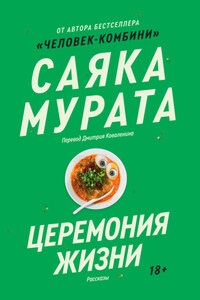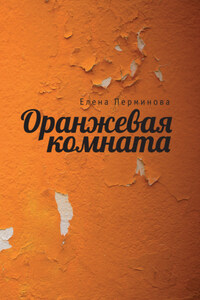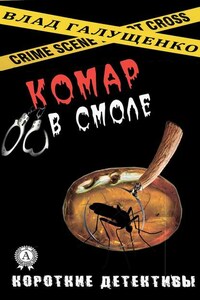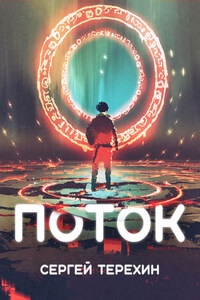The postman was sitting on the doorstep of a shop halfway down the hill, with his empty bag like a cat on his lap, but he stood up when Alexander MacIndoe and his mother stopped, as if he had been waiting for them. There was dust all over his moustache, Alexander noticed, and on his eyelashes. The postman tipped his helmet to Alexander’s mother. ‘Morning, Mrs Mac,’ he smiled, showing teeth that were the colour of pencil wood. ‘Very elegant today, I must say.’
‘Too kind, Mr Durrant,’ she replied, with a serious face. She adjusted Alexander’s cap and tucked the trailing end of his scarf into the breast of his coat.
Mr Durrant knocked the cap skew-whiff again, then straightened it. ‘Hello, Master Mac, how are we this morning?’ he asked.
Alexander said nothing. He looked from the postman’s grey jacket to the clouds behind him, which were a different grey, and then to the balloons that wagged above him, which were another different grey and were bent like sad old dogs on their long, long leads. And when, in his fifty-eighth year, Alexander MacIndoe came to assemble the chronology of his life, this would be the oldest memory of which he could be certain. He would see a postman in a grey jacket, with grey barrage balloons above him, on a cold yellow morning in February, in 1944.
‘A bad night, Mrs Mac,’ said Mr Durrant.
‘It was that,’ she agreed, shifting the canvas bag that she had put in the seat of Alexander’s pushchair.
‘A grim one,’ mused Mr Durrant. ‘Your place come through all right?’
‘Thank you, yes. All’s well.’
‘Count our blessings, eh?’
‘Indeed we must.’
Alexander turned for a moment to watch a dray-horse haul a van out of Wemyss Road, and Mr Durrant moved a step closer to his mother. ‘Copped it down there they did,’ the postman told her, jabbing a thumb over his shoulder. He smiled sympathetically at Alexander, who saw that his eyes had tears in them. ‘Would the wee man like something?’ asked Mr Durrant. And here Alexander MacIndoe’s earliest true memory would recommence, with a postcard sliding upwards from a flap and a picture of the Virgin Mary, her white-shrouded head at the centre of the swirling rays of an orange sun, against a sky that was bluer than any he had ever seen. Mr Durrant turned the card and traced the words he then displayed with a finger that was creased like a worn sock. ‘The Thompson Family, 13 Shooters Hill Road, London, England.’ He worked the card between Alexander’s fingers and left it in the boy’s grip.
‘He can’t take that,’ said his mother.
‘Well, I can’t deliver it, Mrs MacIndoe,’ Mr Durrant replied. ‘Nobody of that name at that address for as long as I’ve been around.’ Gently he extracted the postcard from the boy’s grip and turned its reverse to her. ‘No message anyhow, see? People, eh? Forget their own names, some of them would.’ He posted the card back into Alexander’s hands and patted him on the head.
‘Say thank you, Alexander,’ Irene MacIndoe instructed her son. Without a sound he mouthed the words.
‘We’ll meet again, young fellow-me-lad,’ said Mr Durrant, pinching a cheek. ‘Take care, Mrs Mac. Take care, tiny man.’
Alexander’s mother took him along a street that was not the way to Mrs Kiernan’s. Her curls bobbed quickly as she hurried, steering the pushchair with her fingertips; Alexander, holding the cold steel handle, had to skip along to keep up. She began to sing to him the song she sang every morning on the way to Mrs Kiernan’s house. ‘She’s the girl that makes the thing that drills the hole that holds the spring, that drives the rod that turns the knob, that works the thingumebob,’ she sang, stroking his nose with a fingertip at the end of the verse. The pavement became gritty, and soon there was water running down the road, water that was plaited like his father’s belt. He saw Mrs Murrell, Mrs Beckwith, Mrs Darling and Mrs Evans, standing side by side in the middle of the street, looking away from them. The women glanced back and parted to allow Alexander and his mother into the line. There were branches all over the ground and an ambulance parked by a stump of a tree, and behind it was a hill of bricks and broken boards, over which some men were walking. To the side of the hill was a wall with a chimney on it, and pink-striped wallpaper on the upper part, above patches of blue stripes. On one blue-striped patch hung a mirror on a thin chain.










